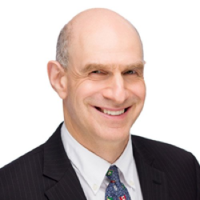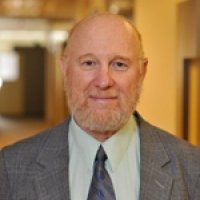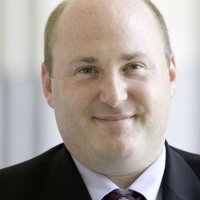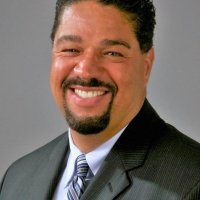Building the Future of Global Development (OFF-SITE)
The original version of this article appeared at the Atlantic Council.
The future of global development is dependent on connecting people with diverse expertise and making futures analysis at the policy level implementable on the ground, concluded a panel of experts speaking at the Atlantic Council on December 17 for a public event on “Building the Future of Global Development.” The event marked the official launch of The Future Can’t Wait, a collection of 10 essays from leading futures thinkers and the outcome of USAID’s first-ever Symposium on Future Development Challenges held in November 2011, co-hosted by the U.S. Department of State, the National Defense University, and the Wilson Center.
The event included welcoming remarks by Atlantic Council Vice President and Director of the Brent Scowcroft Center on International Security Barry Pavel and introductory remarks from USAID Associate Administrator Mark Feierstein.
Pavel reflected on the conversations at the 2013 Strategic Foresight Forum, where speakers explored the theme of harnessing technological disruption to be better prepared for an uncertain future. He shared that foreign aid will also have to contend with harnessing disruption caused by emerging technologies when tackling the challenges of constrained resources, extreme climate, rural-urban migration, and major political shifts.
Feierstein emphasized how the wide proliferation of emerging technologies, such as 3D printing, will continue to revolutionize and significantly alter traditional approaches to the administration of foreign aid. He said that by 2014, we will have more cell phones than people – more than roughly seven billion devices connecting distant parts of the world to powerful information at the click of a button. Not only will the foreign aid community have to build a network of partners, it will have to utilize common technologies and platforms for everything from helping build a small business to hastening disaster response.
Expanding on these comments, a panel of experts discussed the role of the nation state in aid, integrated partnership approaches, and making foresight actionable. Moderated by the Wilson Center’s Director of Population, Environmental Change, and Security Roger-Mark De Souza, the panel consisted of the Atlantic Council’s Strategic Foresight Initiative Director Mathew J. Burrows, Wilson Center Global Fellow and Stimson Center Demographer-in-Residence Richard Cincotta, Ohio University Director of Environmental Studies in the Voinovich School Geoffrey Dabelko, and USAID Counselor Susan Reichle.
Some key takeaways from the panel included:
- The Future Can’t Wait is a step in the right direction for USAID and for the practice of futures analysis as it emphasizes making foresight actionable
- In tackling the troubles caused by climate change, “the periphery isn’t peripheral” – knowledge from disparate environments must be integrated
- Demographics are not deterministic but help project key trends and patterns which can better prepare aid organizations and governments for future crises
- Even with a plethora of nongovernmental entities working on development, government assistance and strategic planning can’t be discounted in administering aid
All in all, despite the challenges the development community faces, connecting the aid community and integrating futures analysis into aid administration will help perpetuate the successes of global development (reducing childhood mortality, continued empowerment and education of women, etc.) well into the future.
Speakers



Professor and Associate Dean, George V. Voinovich School of Leadership and Public Affairs, Ohio University; Associate Senior Fellow, Environment of Peace Initiative, Stockholm International Peace Research Institute

Vice President, Sustainable Markets, Pact
Hosted By

Environmental Change and Security Program
The Environmental Change and Security Program (ECSP) explores the connections between environmental change, health, and population dynamics and their links to conflict, human insecurity, and foreign policy. Read more


Global Risk and Resilience Program
The Global Risk and Resilience Program (GRRP) seeks to support the development of inclusive, resilient networks in local communities facing global change. By providing a platform for sharing lessons, mapping knowledge, and linking people and ideas, GRRP and its affiliated programs empower policymakers, practitioners, and community members to participate in the global dialogue on sustainability and resilience. Empowered communities are better able to develop flexible, diverse, and equitable networks of resilience that can improve their health, preserve their natural resources, and build peace between people in a changing world. Read more
